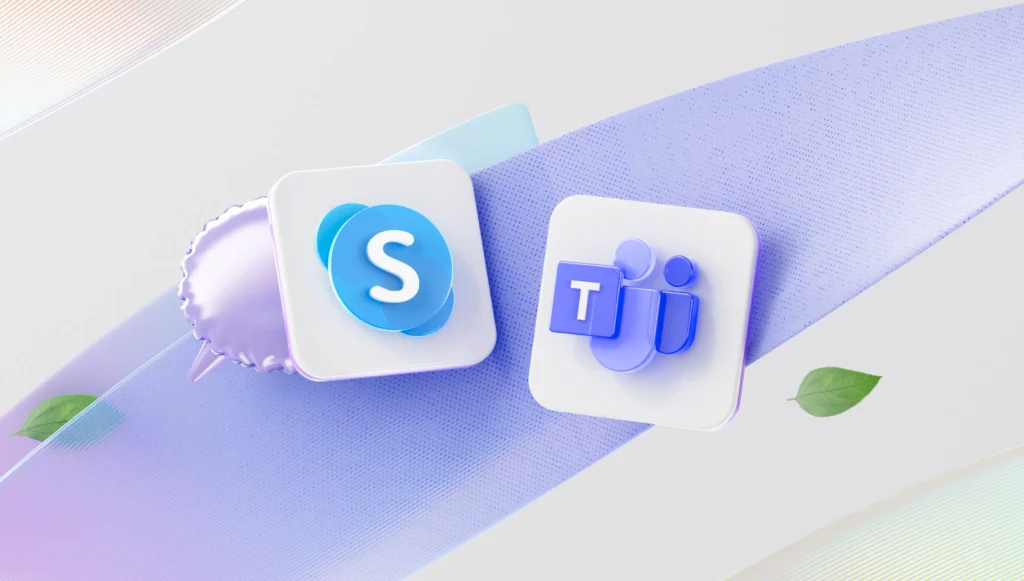
Memories of Skype: Love, Loss, and Connection Across Continents
Before the rise of Zoom, WhatsApp, and Microsoft Teams, Skype was once at the heart of how the world stayed connected. Launched in 2003, it revolutionized communication by offering free computer-to-computer calls and affordable rates to mobiles and landlines across the globe.
Over time, however, Skype’s popularity declined as Microsoft shifted its focus to Teams. As of 5 May, Skype’s free services will officially shut down, leaving only its business version in use. Still, for millions of people, the app played a vital role in shaping relationships, bridging distances, and even coping with loss.
A Love Story Powered by Skype
For Weng and Owen Williams, Skype helped turn friendship into a lifelong bond. Weng had moved from Macau to Wales in 2012 for a short internship and met Owen through the National Trust. After returning to China, their romance blossomed over daily Skype calls and occasional visits.
The platform became central to their relationship—so much so that Weng once sent Owen a birthday cake, which he cut in front of her during a video call. “It was so sweet,” she recalled. Eventually, the two got engaged, and Weng relocated to Wales in 2015. Today, they’re happily married.
Finding Closure Through Digital Conversations
For Erica in New Zealand, Skype became a space for healing after the passing of her husband in 2017. While going through his work computer, she revisited old Skype messages they had exchanged during a difficult period in their marriage.
To cope, Erica began messaging his Skype account—and then replied to herself from his account. Through this imagined dialogue, she expressed and received the apologies and emotions they hadn’t shared in life. “It helped me move on,” she said. “I believed it.”
A Daily Bond Between Mother and Daughter
Susan Bertotti, living in Chile, has used Skype to stay close to her mother Vera in the UK for over 15 years. Now 99 years old, Vera has been part of Susan’s daily life thanks to the app—whether they were sharing Christmas memories or admiring each other’s gardens.
Even after other platforms like WhatsApp came along, Skype remained their go-to for starting their conversations. “Losing Skype will be a big blow,” Susan said, expressing sadness about returning to costly international calls or email.
A Business Tool That’s Hard to Replace
Stan Calderwood relied on Skype for affordable international calls, especially for work matters like speaking with estate agents and lawyers in Canada. On the day Skype’s shutdown was announced, he’d already used it eight times.
“You can’t always use WhatsApp or Zoom—sometimes you need to call landlines,” he explained. Now, he’s searching for another reliable, cost-effective alternative.
What’s Next for Skype Users?
Despite a drop in users, Skype still had nearly 28 million active accounts as of March last year. Microsoft recommends users transition to Teams, where they can access similar features and export their Skype data.
For those with active App credits or subscriptions, Teams will allow continued calling until those services expire. Skype for Business will remain for certain organizations like the UK’s Ministry of Defence, though even there, its usage is being scaled back.
As App fades out, it marks the end of an era for one of the most iconic tech tools of the 21st century—a platform that brought people together, supported relationships, and helped navigate some of life’s most intimate moments.